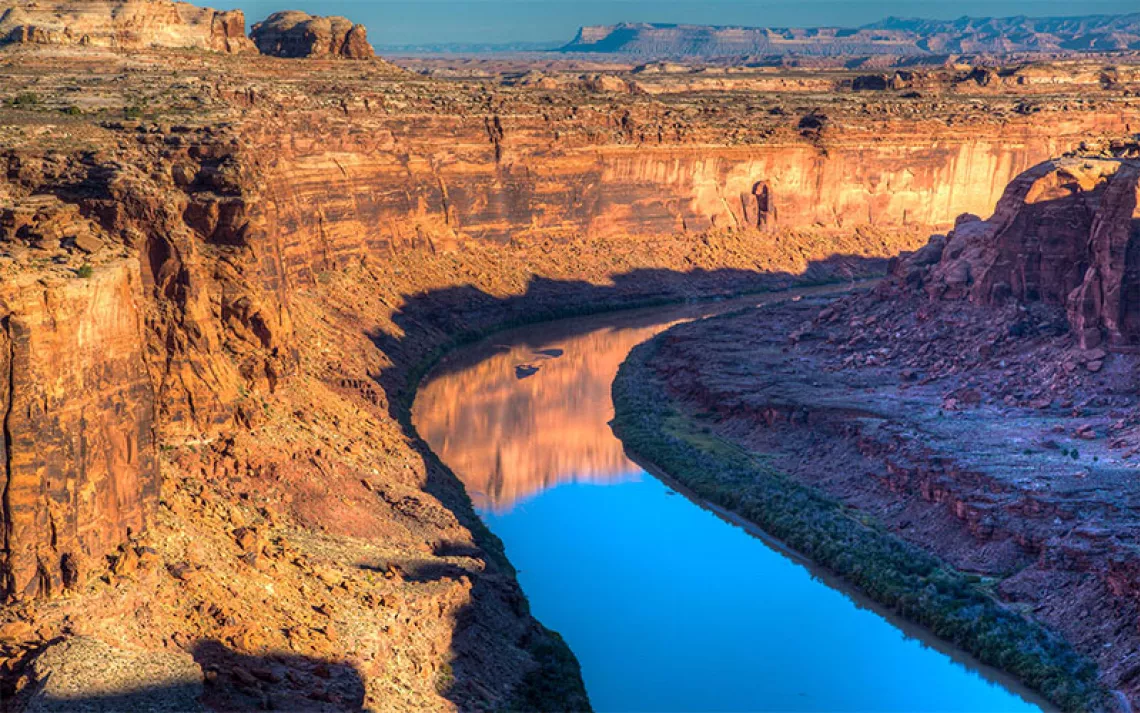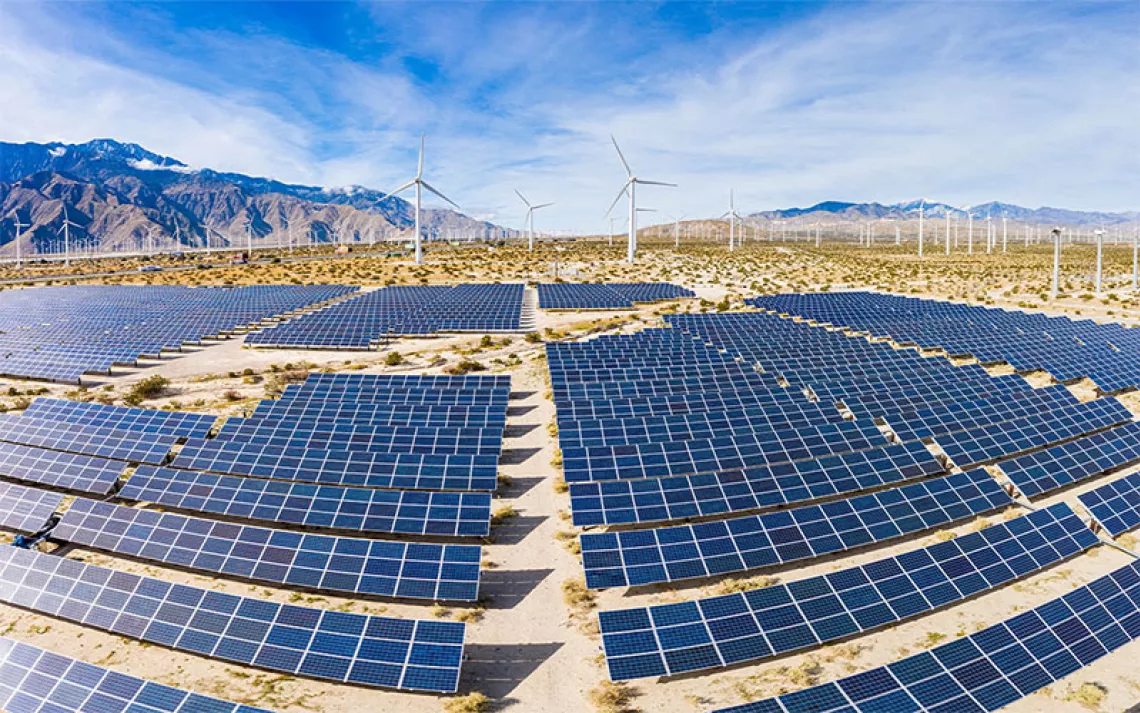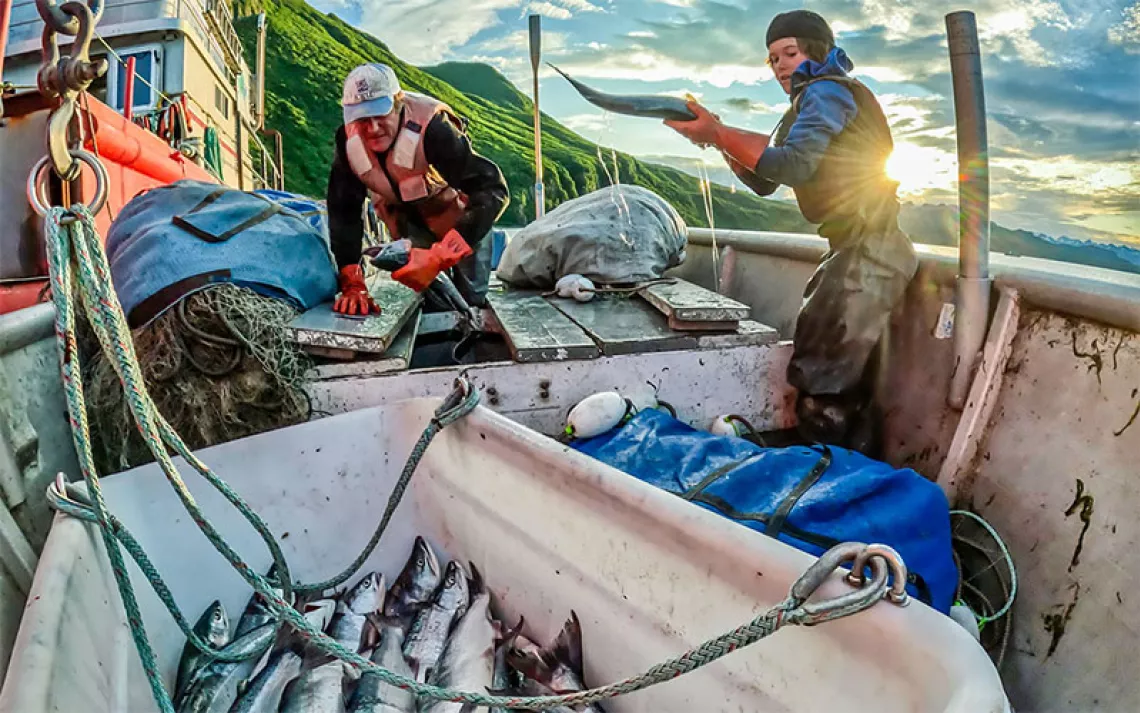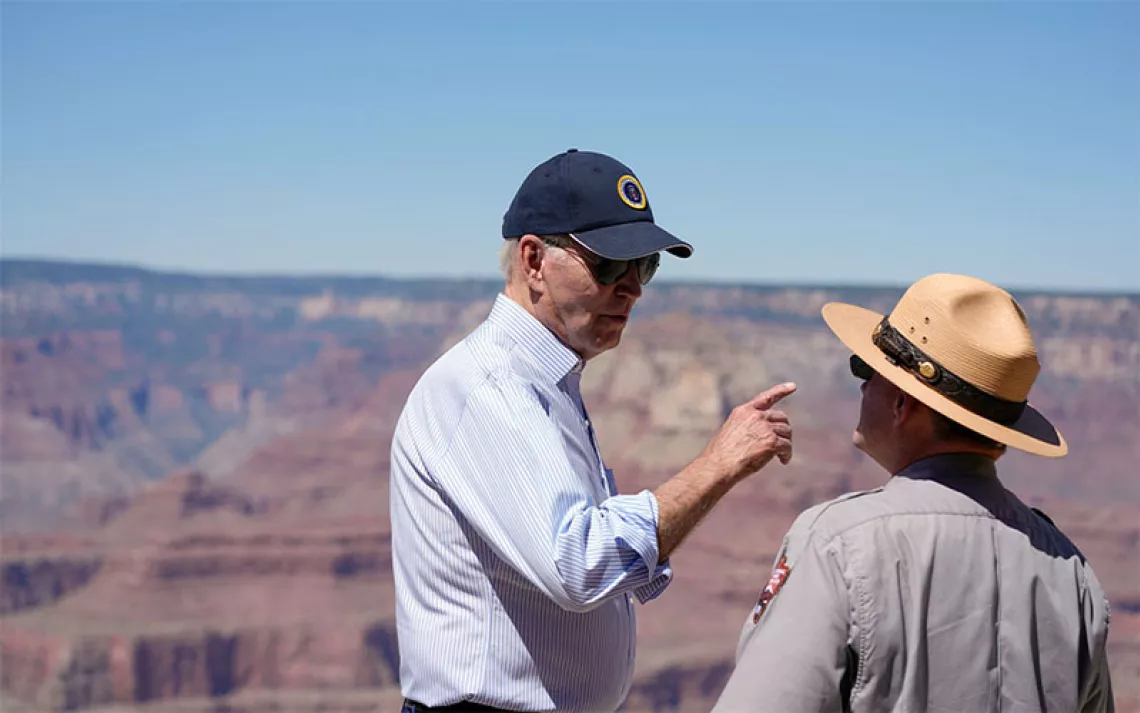Biden Administration Moves to Protect the Boundary Water Wilderness From Mining
Decision marks a reversal to the Trump policy—and hopefully the happy end of this long-running conservation fight

Photo by Josh Hild/iStock
A move this week by the Biden administration sets the stage for the permanent protection of Minnesota’s Boundary Waters Canoe Area Wilderness—the United States’ most popular wilderness destination.
On Wednesday, the Department of the Interior canceled Chilean mining giant Antofagasta’s leases adjacent to Minnesota’s Boundary Waters Canoe Area Wilderness (BWCA), where it sought to develop a copper and nickel mine. The decision overturns Donald Trump’s efforts to fast-track development of the Twin Metals mine as a violation of federal laws and regulations and reinstates a 2016 investigation to determine if mining poses the “risk of irreparable harm” to the vast 1.1-million-acre network of North Woods waterways that are beloved to canoe campers.

Sign up to receive Sierra News & Views
Get articles like this one sent directly to your inbox weekly.
With this action you affirm you want to receive Sierra Club communications and may vote on policy designated by the Sierra Club Board.
The announcement was a “major win” for Becky Rom, the national chair of the Campaign to Save the Boundary Waters. Mineral leases were withdrawn from nearly 5,000 acres of land in the BWCA headwaters, Rom explains, allowing the US Forest Service to revisit a scientific study, which was abandoned by the Trump administration, that could impose a 20-year moratorium on mineral development. In the process, the Forest Service will also consider over 300,000 public comments supporting a mining ban. “There’s an element of deja-vu,” Rom admits. “It is heartening to have an administration making decisions with integrity. This announcement should stop the Twin Metals mine threat.”
Hydrologists and ecologists provide compelling evidence why mining has would have horrific consequences in the water-rich landscape of northern Minnesota. The proposed Twin Metals mine would target a deposit that’s only 0.5 percent copper, creating mountains of waste rock and fine-grain tailings ponds that would invariably leach sulfuric acid and heavy metals into waterways. Simply put, it’s the wrong place for a mine, says John Dunmore, a member of the Sierra Club’s federal policy team working on lands protection. “As the climate crisis threatens our water, lands, and wildlife for the next generation,” Dunmore adds, “we must prioritize conserving natural places and resources that our communities rely on for a sustainable future.”
For Rom, a retired lawyer, and Ely, a Minnesota native who’s been the face and prime mover of a high-profile campaign to outlaw mining since 2012, it’s a return to a hopeful, pre-Trump world. She’s convinced the Forest Service study will reveal grossly unacceptable risks, demonstrating the need for longer-term protection. Rom’s roots in the area extend far deeper than the current debate. Her father was one of the early wilderness advocates and entrepreneurs who envisioned a sustainable future for northern Minnesota. Bill Rom’s canoe outfitting business, started in 1946, kickstarted a trend that’s made the BWCA the most popular wilderness area in the country, with over 166,000 visitor permits issued in 2020.
“I’m feeling good,” Rom says. “It’s not uncommon for the protection of great places to take a decade. For me, it’s an affirmation of all that we’ve done in making this a national issue.”

Photo by Conor Mihell
Steve Piragis, the owner of the Piragis Northwoods Company, owes the success of his Ely-based outfitting business to pioneers like Rom. Whereas some cling to the old-school outlook of mines as economic windfalls, a Harvard study demonstrated that a sustainable economy anchored by tourism in the region has far more long-term value, with analysis concluding that “copper mining would significantly underperform the existing growing, sustainable economy.” Meanwhile, polls show the Interior Department decision has plenty of public support, with almost 70 percent of Minnesota voters in favor of permanently protecting the Boundary Waters from mineral development.
“It lifts a dark cloud, and that’s a big deal for us as a retailer and outfitter on main street in a small town,” Piragis says. “We hope it makes for a friendlier community. With the threat of this mine out of the way, it opens the door for a more prosperous future.”
In contrast to the long battle environmentalists have faced so far, Rom predicts the next steps will come swiftly: She expects a mining moratorium to be put in place by the end of 2022. More importantly, Rom looks forward to action toward a public lands bill put forward by Representative Betty McCollum last year to award permanent protection to the entire Boundary Waters watershed.
“Americans don’t want a copper mine in the headwaters of the BWCA,” says Rom. “We can celebrate what happened this week, but now I’m back to work. That’s the key message. We need to continue the work to protect canoe country.”
 The Magazine of The Sierra Club
The Magazine of The Sierra Club



